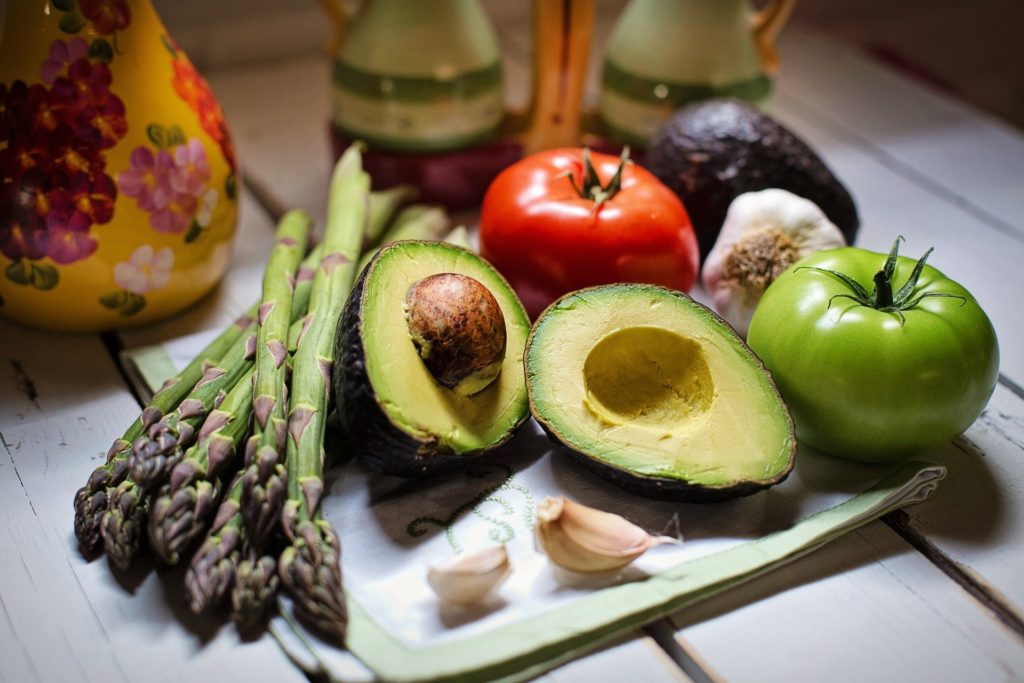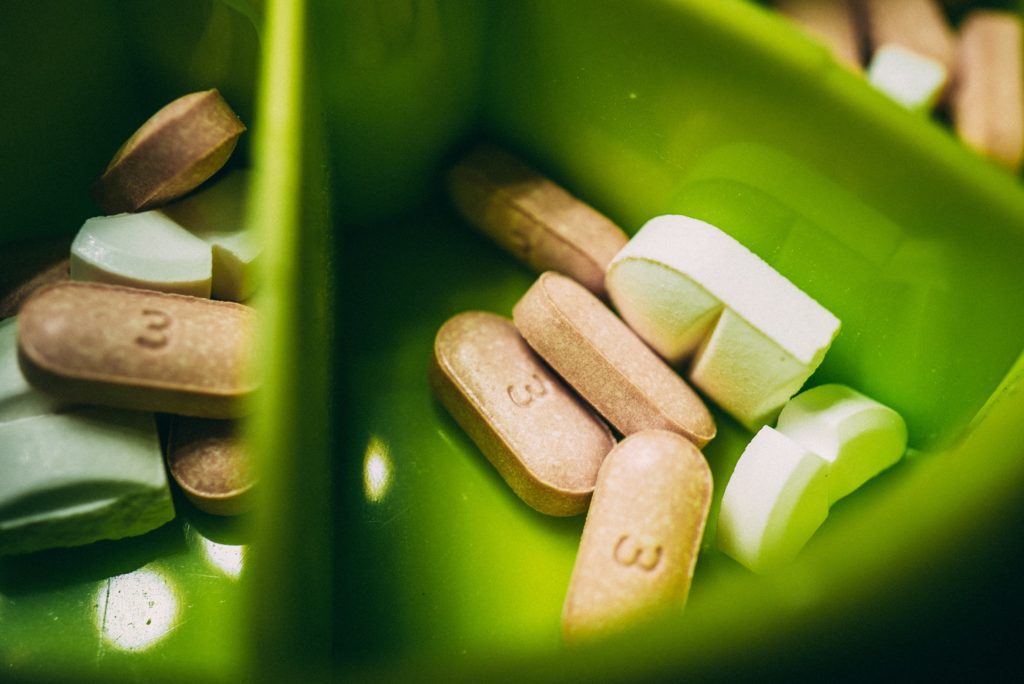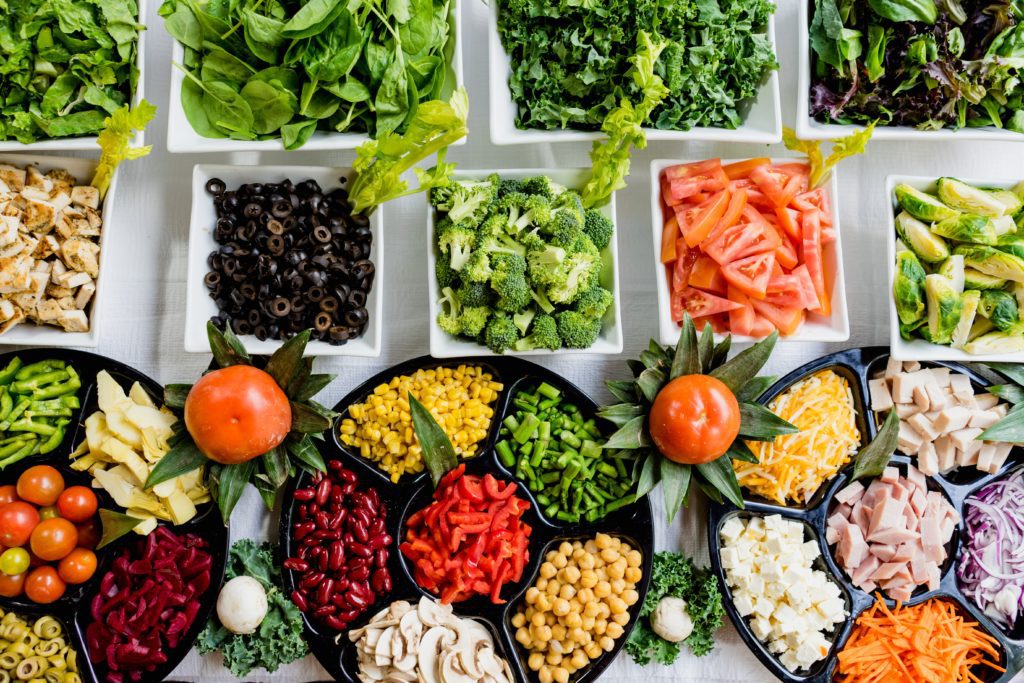The vegan lifestyle is becoming more popular by the day. Lifestyle magazine The Vou estimates that about 1% of the world’s population follows a vegan diet. Though that might seem like a small number, it actually amounts to a total of 79 million people. Vegan diets have many benefits: they make bodies less vulnerable to cancer, diabetes, and heart disease, they don’t contribute to the environmental degradation caused by meat manufacturing processes, and they promote the welfare of animals.
Still, it can be difficult for many to make the transition. For seniors, in particular, having to change grocery habits and navigate new meal preparation techniques can be a turn off to committing to the lifestyle. And with the human body becoming more susceptible to disability and disease with age, many older adults may not want to subject themselves to any potential side effects of adopting the new diet.
However, many of these barriers can be navigated. You just need to take it one step at a time. If you’re interested in adopting a vegan diet, but fear becoming overwhelmed by the lifestyle, we’ve provided a few tips to help you make a smooth transition.
See a Dietician or Nutritionist

It’s always best to seek expert nutrition advice from the appropriate professionals. There are many different types of nutrition experts, each specializing in different areas. According to certified dietician nutritionist Maya Feller, Registered Dieticians (R.D.) are best for individuals seeking nutrition advice regarding chronic conditions, such as diabetes and celiac disease. Those with broader needs can see Certified Dietician Nutritionists (C.D.N), who can provide general advice for healthful eating. And if you want to receive senior-focused advice, see a Certified Specialist in Gerontological Nutrition. These professionals can assess your current health situation and help you determine the best foods and supplements to incorporate into your diet
Take Supplements

Though it’s possible to sustain yourself on a completely plant-based diet, you might have to consume larger portions to get the nutrients you need. This can be difficult for seniors, given that appetite naturally decreases with age. To compensate for any missed nutrients, it’s best to take dietary supplements. A Plant-Based News overview of veganism explains that vegans of all ages need to make sure that they get enough iodine, calcium, omega-3, vitamin B12, and vitamin D, so make sure to stock up on the equivalent dietary supplements. You can also ask your dietician for additional information
Go Slow
Going cold turkey on animal products may have uncomfortable (but temporary) side effects, such as bloating, lethargy, and headaches. Additionally, suddenly shifting out of food choices you’re accustomed to may overwhelm you. It’s best, then, to ease yourself into a vegan diet at a slow pace. You can start by cutting down animal products one at a time. Or, you can choose one day out of the week to eat meat-free. Once you’re comfortable with the change, you can start incorporating more vegan dishes into your meals.
Leverage Meal Delivery Services

One thing that keeps many people from adopting a vegan lifestyle is the prospect of meal preparation. A SymptomFind overview of meal delivery services explains that many seniors have difficulty shopping for and cooking food, which can keep them from incorporating healthy meals into their daily routine, especially specific diets like veganism. This is especially true if they have health conditions or disabilities that make basic tasks difficult. Fortunately, the food industry has created a solution that streamlines healthy meal preparation: meal delivery services.
Using meal delivery services, you can have cooked vegan meals delivered to you. Eat For Fit in Tbilisi can ship out well-prepared meals that suit individual diets and preferences. The meal delivery service has set menus, but Eat For Fit can remove certain foods from their meal plans per customer request. Their meal delivery plans include breakfast, lunch, snacks, and dinner. Adopting a vegan diet is just one part of the vegan lifestyle. If you want to take your advocacy further, you can also switch common household items with vegan alternatives. Our Vegan Gift Ideas article lists fifteen vegan items people can use in their daily lives.
Author’s BIO: Vanessa Montes is a part-time freelance writer and a full-time plant-based advocate. Her mission is to promote veganism and prove that anyone can start this diet.




